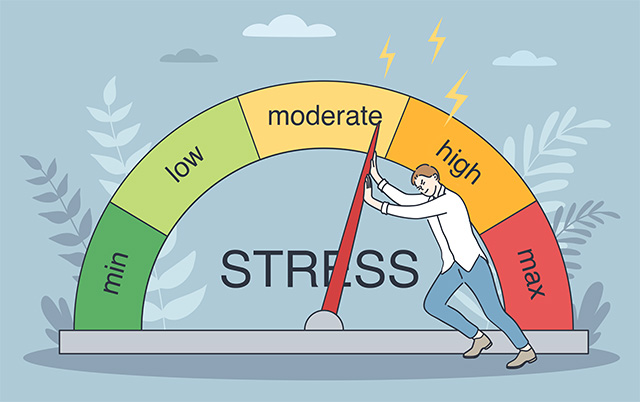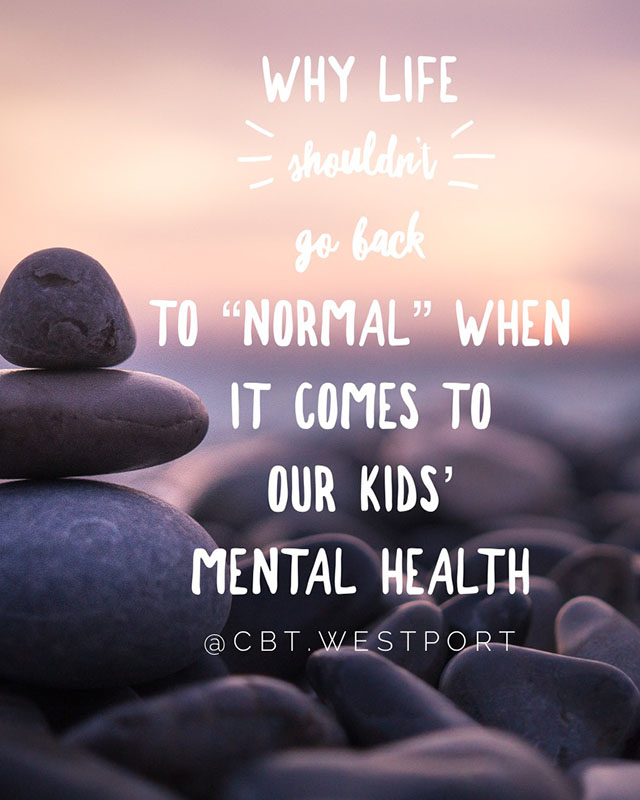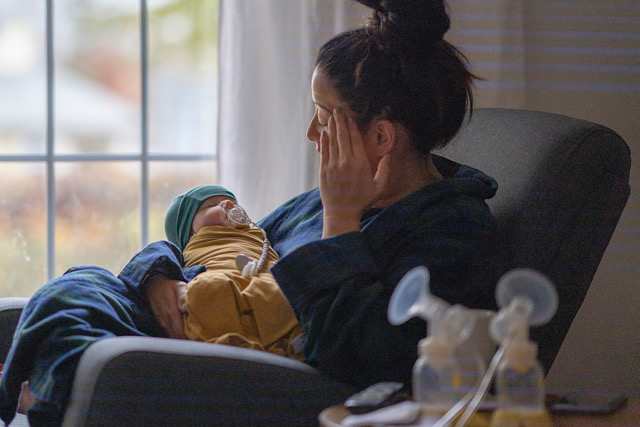May marks Maternal Mental Health Awareness Month and a time to focus on the importance of mental health during pregnancy and shortly after birth. You are likely aware that 80% of new mothers report the “baby blues,” or intermittent periods of tearfulness, worry, irritability and fatigue. However, a lesser known statistic is that over 20% of new mothers meet criteria for a pregnancy or postpartum mood disorder.
The current COVID-19 pandemic is further complicating the experience of motherhood. Many mothers have had to grieve the loss of celebrations like baby showers that help with the transition and preparation of parenthood. Birth partners and supports have had limited access to prenatal appointments and, in some extreme cases, to the delivery rooms because of COVID-19 safety concerns. Further, new mothers have had to rely on fewer options for instrumental support after the arrival of their baby due to social distancing guidelines and overall fear of the virus. All of these losses have experts in maternal mental health concerned about the emotional well-being of the current cohort of expecting and new mothers.
With one in five mothers meeting criteria for a mental health disorder during or after pregnancy, this means that statistically most of us have had a friend, a sister, a mother, or co-worker who have suffered. However, the research reports that the barriers to talking about these issues (embarrassment, shame, guilt) get in the way. Additionally, many report that they were unaware of the different ways that maternal mental health problems can present.
Continue reading →





